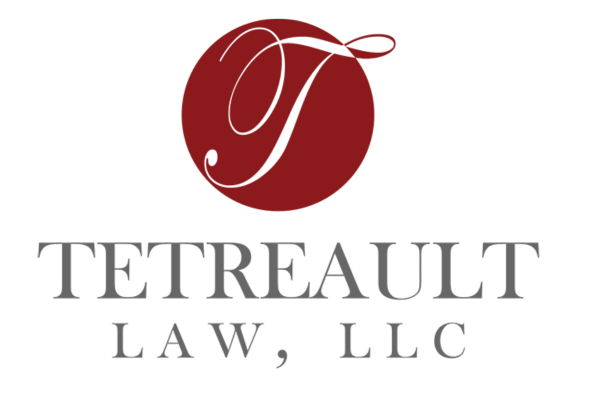It’s Important to Speak With a Real Estate Attorney Before Buying Property at a Tax Sale
It is important to speak with a real estate attorney before buying property at a tax sale for several reasons:
- Title Issues: Properties sold at tax sales may have title issues, such as liens or encumbrances, that could affect the buyer’s ownership rights. A real estate attorney can review the title history of the property to identify any potential issues and advise the buyer accordingly.
- Redemption Rights: In some states, property owners have a right to redeem their property after a tax sale. A real estate attorney can advise the buyer on the applicable redemption period and the risk of losing the property if the owner exercises their redemption rights.
- Legal Requirements: Each state has different legal requirements for purchasing property at tax sales. A real estate attorney can guide the buyer through the legal process and ensure that all legal requirements are met, such as bidding procedures and payment requirements.
- Due Diligence: Conducting due diligence on a property before purchasing it is crucial to identify any potential issues that could affect the property’s value. A real estate attorney can help the buyer conduct due diligence and review any reports or documents related to the property.
Buying a Property at a Tax Sale in Georgia
Buying a property at a tax sale in Georgia can be a way to purchase real estate for a lower price than what it would typically sell for on the open market. However, it’s important to understand the process and potential risks involved before participating in a tax sale.
Here are some key things to know about buying a property at a tax sale in Georgia:
- Tax sales in Georgia are typically conducted by the county or municipality where the property is located. The specific rules and procedures for tax sales can vary by county, so it’s important to research the requirements and procedures for the area where you’re interested in buying a property.
- Properties are sold at tax sales to satisfy unpaid property taxes. The starting bid for each property is typically the amount of unpaid taxes plus any interest, penalties, and fees.
- The bidding process for tax sales in Georgia can vary. Some counties conduct live auctions, while others use online bidding systems. In some cases, bidders may be required to register in advance and provide proof of funds.
- If you are the successful bidder at a tax sale, you will be required to pay the full bid amount in cash or certified funds immediately after the sale. There is typically no financing available for tax sale purchases.
- Buying a property at a tax sale comes with some risks. For example, the property may have other liens or judgments that will need to be satisfied, or it may have structural or other issues that are not apparent from the outside. It’s important to thoroughly research the property and its title history before participating in a tax sale.
- In Georgia, there is a one-year redemption period during which the previous property owner has the right to redeem the property by paying the outstanding taxes, interest, and fees. If the property is redeemed, you will receive a refund of your bid amount plus interest.
- If the property is not redeemed within the one-year redemption period, you will receive a tax deed to the property, which gives you legal ownership. However, you may still need to take additional steps to clear any other liens or issues with the property.
Consult With a Savannah Real Estate Lawyer
Overall, buying a property at a tax sale in Georgia can be a way to purchase real estate at a lower price. Remember it’s important to do your due diligence and understand the risks involved. Consulting with a Savannah real estate attorney before buying property at a tax sale is important to protect your interests and ensure that all legal requirements are met.


Recent Comments